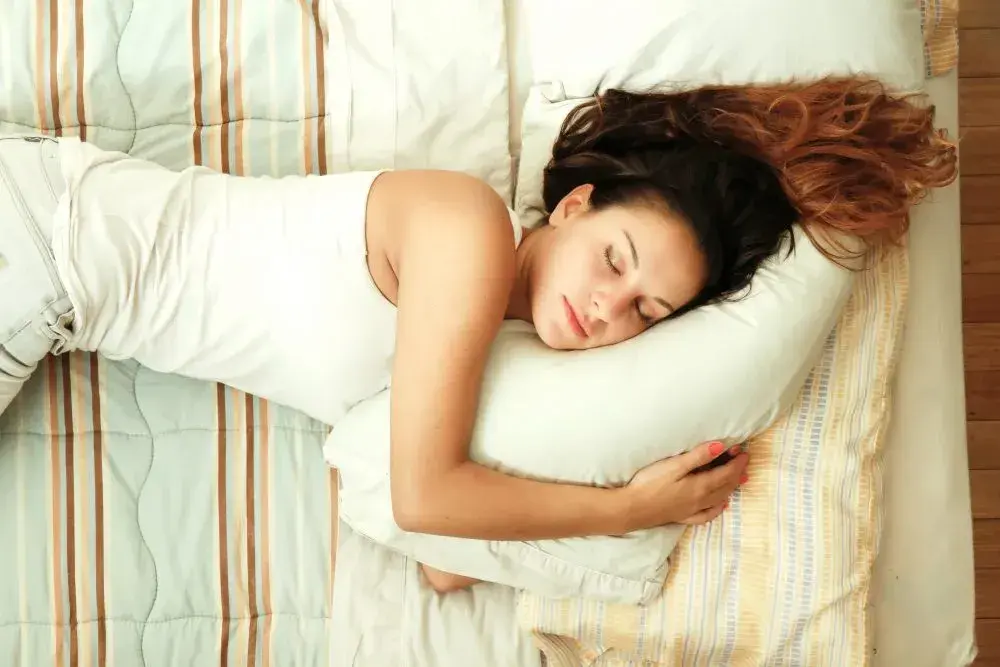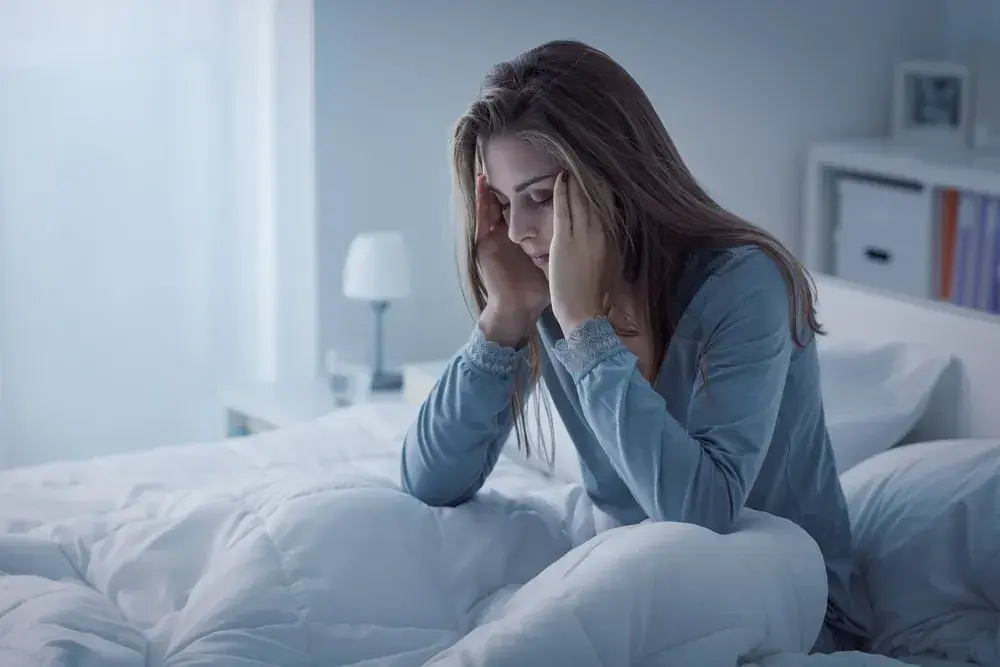
/assets/images/provider/photos/2579152.jpg)
Do you have trouble sleeping, or do you wake up in the morning still feeling tired? Take a good look at your bedroom and read out tips on making your room a place to get better sleep! Getting a good night’s sleep starts with creating the right environment, with lighting, bedding, and other elements that help promote relaxation. Making a few simple tweaks at home can improve your sleep cycle and help you wake up feeling refreshed and ready to meet the day.
Invite darkness
Light cues the body that it’s time to wake up. If there’s too much light in your room, it can make it hard to fall or stay asleep. Turn off the lights in your room and look around to see what’s glowing. Turn off computers or anything else that’s emitting light. Cover dots of light on televisions or other appliances with a small piece of electrical tape — or better yet, remove them from the bedroom entirely. Cell phones are best turned off, but if that’s not possible, make sure yours is set so the screen won’t turn on in the middle of the night. If there’s too much light coming in from outside, darken the room with blackout curtains or use a sleeping mask.
Shoo the cat
Snuggling with your furry friends may seem comforting, but if the dog or cat moves around during the night, they may interrupt your sleep. Pet dander can also trigger allergies for some people. If you wake up with a sniffle most mornings, that may be why. Try creating a sleep space for pets away from the bed.
Hog the covers
Sleeping with a partner can sometimes mean nights of fighting for the covers and being left out in the cold. Try making the bed so each person has their own top sheet and blanket. This also allows you to use a lighter or heavier cover than your partner if desired, so you can always be at your preferred temperature.
Be a bedding snob
Don’t skimp on bedding. Mattresses, sheets, comforters, and pillows all contribute to how soundly someone sleeps. Tossing and turning is usually a sign that the body isn’t comfortable. A new pillow or a mattress upgrade could do the trick. Try different fabrics as well. Some people sleep better with high thread count sheets and others prefer flannel or jersey. Figure out what works best for you and stock up.
Keep it cool
Studies show that people sleep better in a cool room. This may be because the body temperature naturally drops while you’re asleep. A warm room may trigger the body to think that it’s time to wake up. Turn down the thermostat at night and use fans to keep the room cool. Try keeping the room around 65 degrees.
Make the bed
Put the covers back on the bed properly each morning. It may sound strange, but taking a few minutes to make the bed each morning can help you sleep better at night. The Bedroom Poll by the National Sleep Foundation found that people are 19% more likely to sleep well if they make their bed each morning.
Create zen
A cluttered bedroom is not a sanctuary. Walking into a mess at the end of the day can be stressful for some people. Do your best to keep your bedroom tidy to promote relaxation. Try to limit work or any stressful activities in the bedroom. Also, don’t eat or watch TV in bed — this will help train your body to associate the bedroom with sleep.
Chronic sleep deprivation can derail good health and interfere with weight-loss goals. The medically supervised program at Garcia Weight Loss is custom tailored to consider all lifestyle factors that may be making it difficult for you to lose weight. Contact us today for your no-cost consultation!



